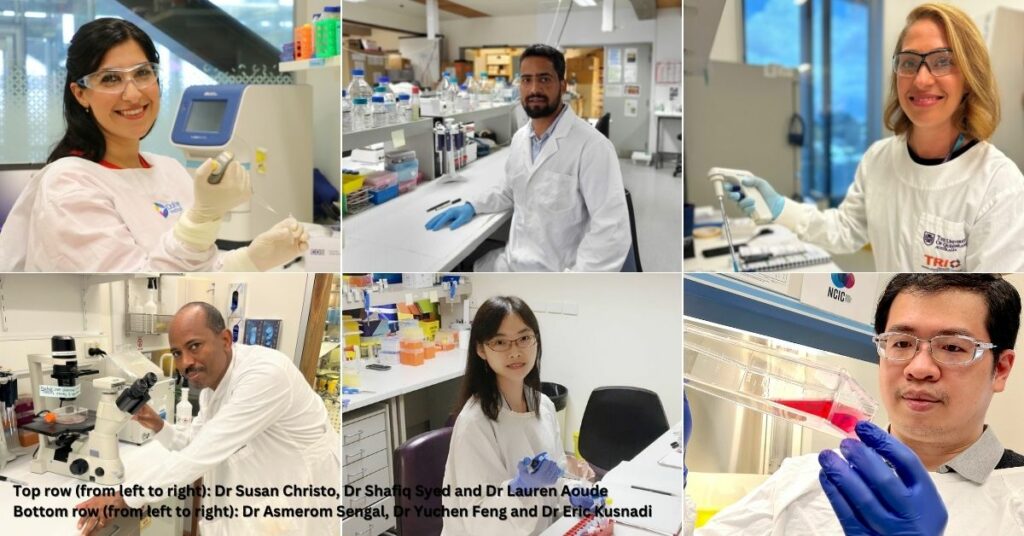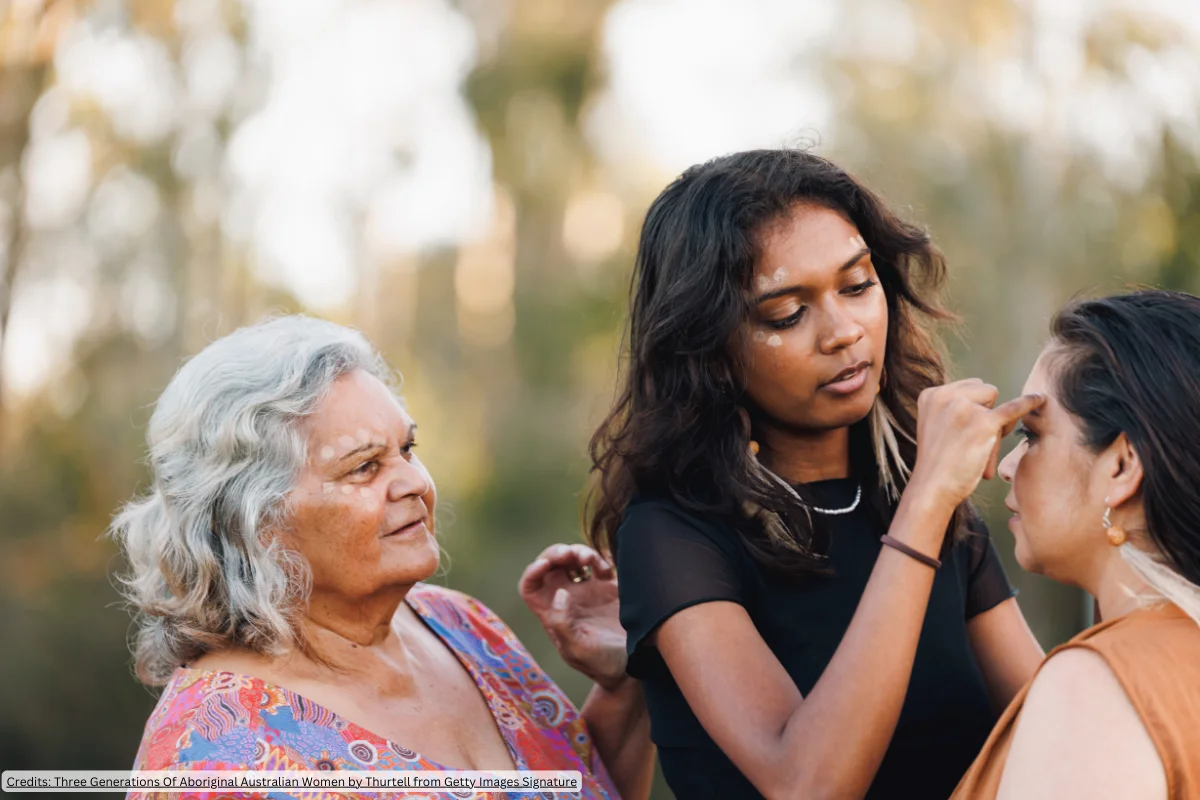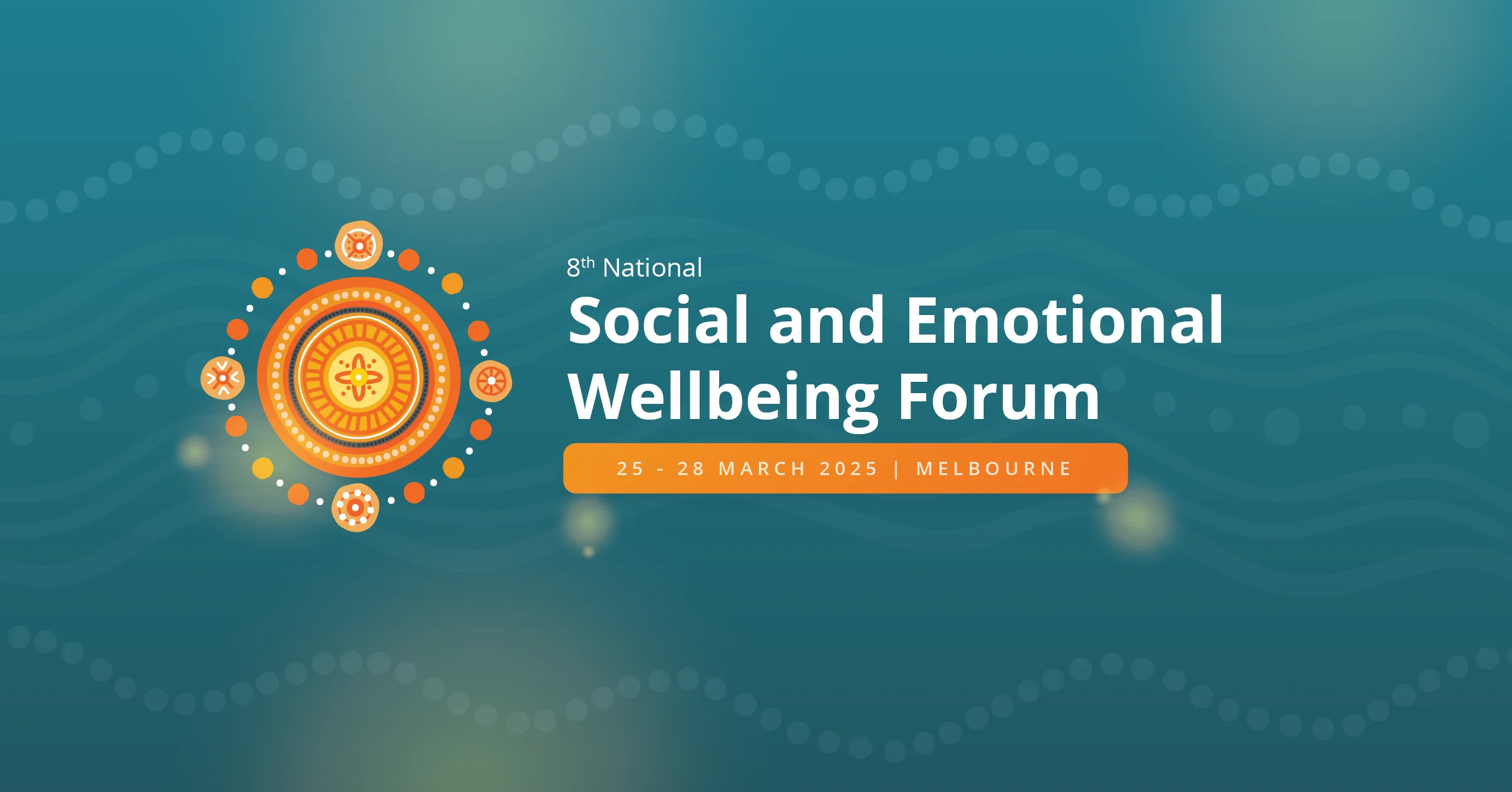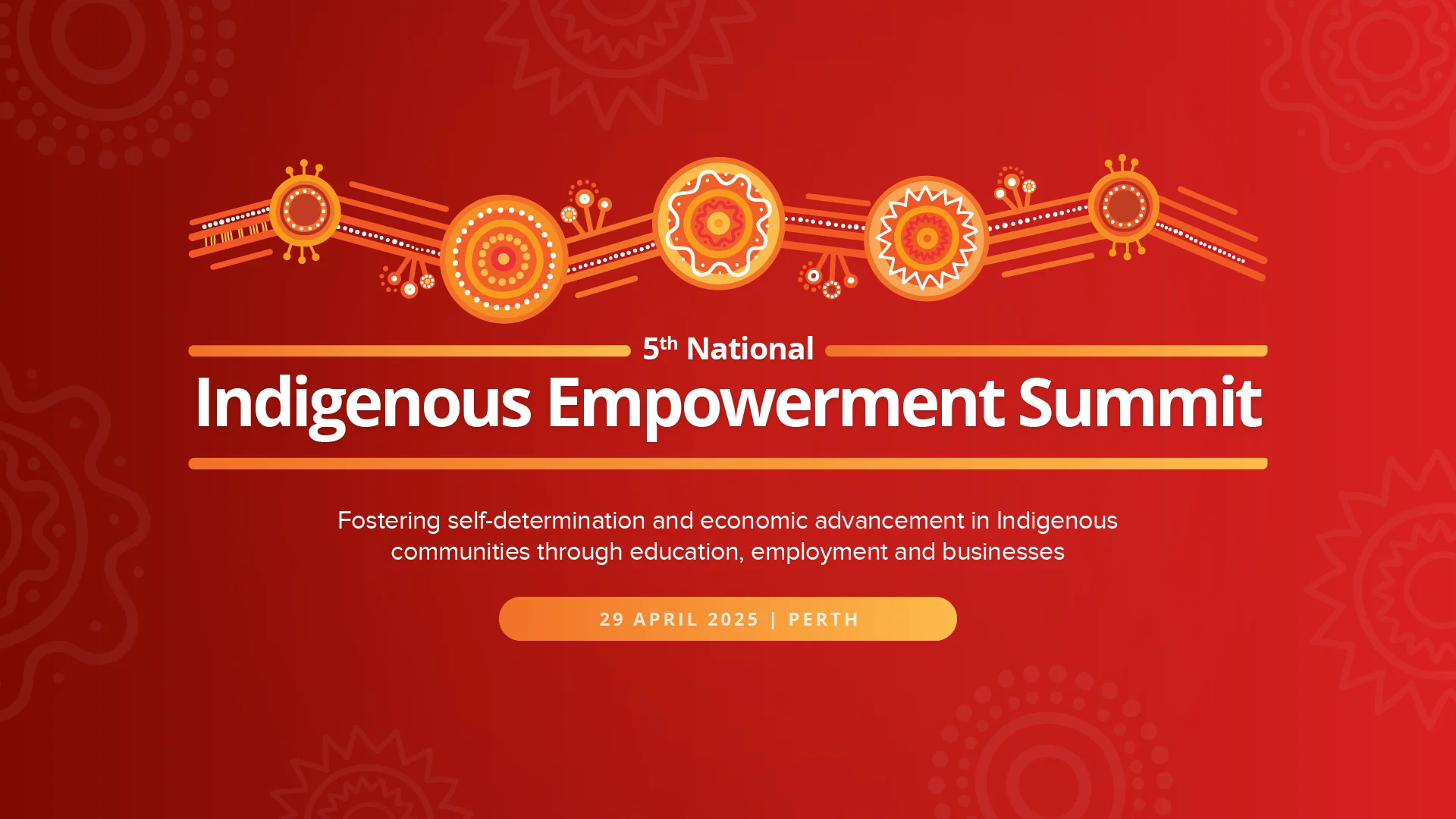Cure Cancer, announces that the organisation will be funding five more early career researchers in 2023.
This brings its total number of grant recipients to 13, including four ongoing research projects from the previous year. By funding 13 innovative young researchers in 2023, Cure Cancer stands true to its vision of becoming the pre-eminent early-career cancer research funder in Australia.
‘’Despite the challenges of COVID, the Cure Cancer community understood that there was still a critical need to fund new ways of thinking and new ideas in cancer research,” said Nikki Kinloch, Cure Cancer CEO.
In the last 50 years, Australian scientists have made significant strides in cancer research that have changed countless lives. . For example, the overall five-year relative survival for cancer in Australia has increased from 52% to 70% since 1989.
“Due to their amazing support, 2022 was a year of significant revenue growth for Cure Cancer. This has resulted in us being able to fund more early-career cancer researchers than originally expected and I am delighted to announce that we can kick-start 13 innovative research projects in 2023.’’
In May 2022, Cure Cancer launched its new in-house grants program in response to the growing need for funding that was more inclusive, with more opportunities, particularly for promising early-career researchers who often find themselves at a huge disadvantage in a hypercompetitive funding landscape.
“We have one of the highest survival rates of all cancer types compared to other countries, but there is still a lot more to be done. Cancer is still a major cause of death and illness in Australia.”
Kinloch highlighted that support for early career cancer researchers and their novel projects are crucial especially emphasizing that emerging scientists often have bold and new ideas that help achieve breakthroughs and make a lasting impact on everyone affected by cancer.
A substantial portion of government funding often goes to more senior researchers while less than 5% goes to early-career researchers. This leads to many young researchers leaving the field altogether, which may negatively impact the pipeline of future mid to late-career cancer researchers in Australia.
In the first year of the in-house grants process, Cure Cancer received over 100 applications from young researchers across the country who were assessed by a grant review panel, and outcomes were announced within six weeks after submissions for EOIs closed.
“Researchers typically wait almost a full year for grant outcomes and receive little to no feedback. We hope that the quick turnaround for our program and increased transparency gives researchers more time to focus on their lifesaving work, instead of stressing over a tedious grants writing process.”
Applications for Cure Cancer’s 2024 grant program will reopen in early 2023, with a few notable changes to further streamline the process. Larger multi-year grants will also be included, and Kinloch is hoping that this grant round will include submissions from states where there have traditionally been a low number of applications.
“We are working with a few key partners in getting the word out, and hopefully we’ll have applications for research projects from every state. Research proposals for any cancer type are welcome, even rare cancers that are severely underfunded and often overlooked by other funding bodies.”
2023 Cure Cancer grant recipients:
- Dr Asmerom Sengal (Queensland University of Technology) – Endometrial cancer
- Dr Heather Murray (The University of Newcastle) – Acute myeloid leukaemia
- Dr Eric Kusnadi (The University of Melbourne, Peter MacCallum Cancer Centre) – Prostate cancer
- Dr Lauren Aoude (The University of Queensland) – Oesophageal adenocarcinoma cancer
- Dr Susan Christo (The University of Melbourne) – Melanoma and breast cancers
- Dr Mara Zeissig (WEHI) – Lung cancer
- Dr Yuchen Feng (The University of Newcastle) – Colorectal cancer
- Dr Danielle Bond (The University of Newcastle, HMRI) – Acute myeloid leukaemia
- Dr Chen Li (Monash University) – Triple-negative breast cancer
- Dr Venessa Chin (The Garvan Institute of Medical Research) – Lung cancer
- Dr Kate Vandyke (The University of Adelaide and South Australian Health and Medical Research Institute) – Multiple myeloma
- Dr Shafiq Syed (The University of Newcastle) – Endometrial cancer
- A/Prof Orazio Vittorio (The University of New South Wales, Children’s Cancer Institute) – Childhood brain cancer
“World Cancer Day sheds light on the importance of understanding cancer and addressing the gaps in knowledge so that treatment and prevention of cancer can improve.”
Related: Cure Cancer announces funding five new early-career researchers in 2023












